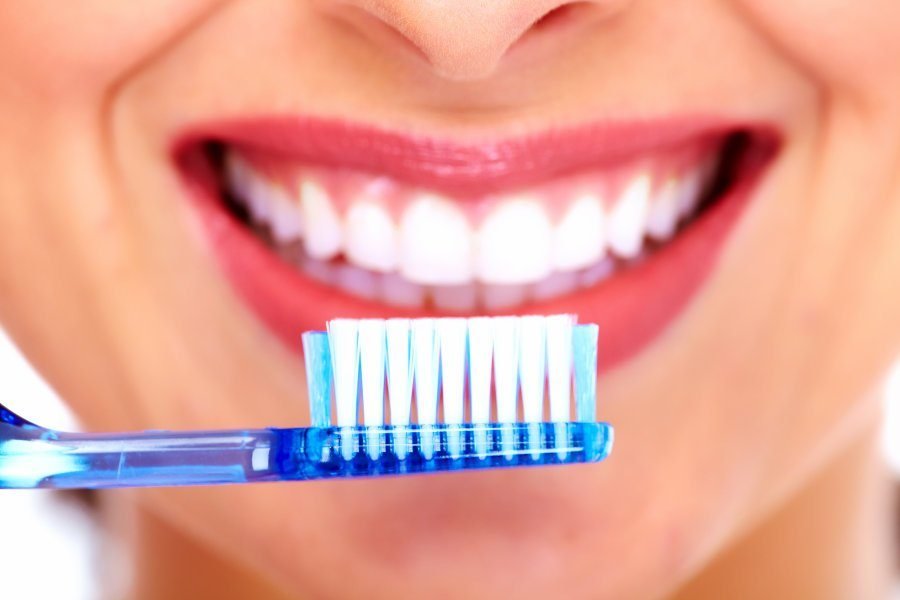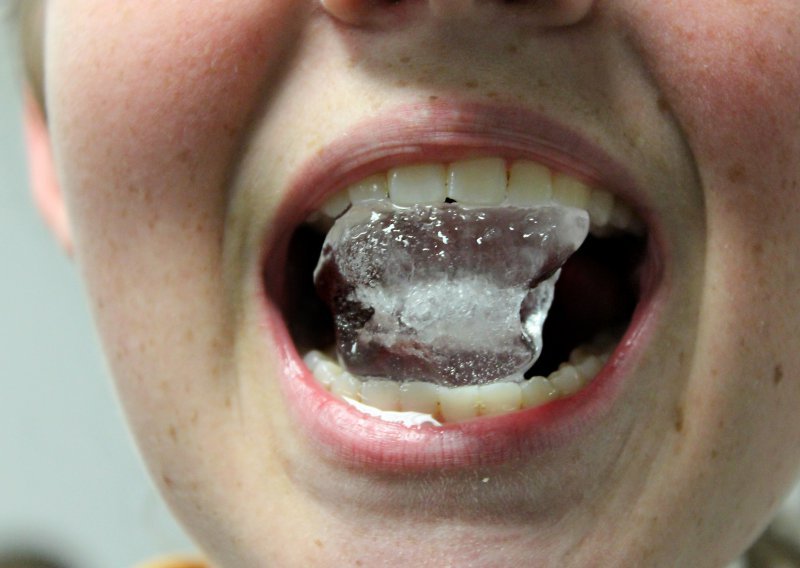
Having clean teeth makes a person more confident and cheerful. With healthy, white teeth, you just know your smile looks better.
But as much as you may want to have your teeth cleaned more frequently by your dentist, it’s not practical nor advisable to have it done as often as you like. Fortunately, there are ways to keep your teeth in good condition between teeth cleaning visits.
Healthy Oral Habits

Dentists can only do so much, so you can’t hinge all your oral care needs on someone you only see a few times in a year. Much of the responsibility in caring for your teeth falls on your shoulders. If you do your part right, then your dentist’s job will mainly be dental health maintenance. However, if you slack on your personal oral care, then his job will become corrective.
If you happen to have been a bit less than attentive to your dental health, there would certainly be reasons for you to see a cosmetic dentist. Fort Lauderdale patients in the same situation get different solutions for varying dental needs. Some issues are due to no fault of the patient, but others could have very well been prevented with more proactive self-care.
You can’t help such things as accidents or your natural bone structure, but you definitely have a huge say on how clean and healthy your teeth are. So, what can you do to maintain healthy teeth?
1. Brush your teeth correctly
Aside from brushing your teeth at least twice a day, you also need to know the proper technique for brushing.

- Hold your toothbrush at a 45-degree angle.
- Brush with short, circular motions, pointing the head of the toothbrush towards the gum line.
- Make sure each tooth gets brushed 10 to 15 times.
Brushing should be done gently. Make sure you don’t overdo it. You may think brushing vigorously is a thorough way to do the task, but it could actually lead to porousness and sensitivity in your teeth. Overdoing it may also lead to gum recession, which cannot be reversed.
2. Floss regularly
Some people believe this step to be optional, but it’s actually imperative. You have to floss. Some areas just can’t be reached by a toothbrush; that’s where flossing comes in. Like brushing, flossing has to be done properly for it to be effective. Done incorrectly, it can also be harmful to your gums.
The following steps detail the proper flossing technique:
Hold two inches of dental floss between the fingers of both hands; use fresh floss for every tooth.
Pull the length of the dental floss tight against each tooth to scrape off plaque, careful to not let it cut your gums.
Make sure you spend time behind the end molars to make sure the entire surface is covered.
3. Avoid harmful substances
There are foods and other elements that have detrimental effects on your teeth. Which are the top culprits?

Sugar
Sugar encourages bacteria to grow. It promotes acidity in your mouth as well. The presence of these two forms plaque, which, in turn, attacks your gums and the enamel on your teeth, leading to tooth decay.
There’s no need to completely eradicate sugar from your diet. Just keep it to a minimum, and remember to brush and floss after consuming sweets.
Soda
It’s not just the sugar in the soda that is detrimental to tooth health; it’s also the acids – phosphoric and citric. These corrode the enamel, making your teeth more vulnerable to decay. If the soda is caffeinated, you also have to worry about stains.
Stay away from soda and opt for water when you want something refreshing to hydrate with.
Cigarette
Cigarettes and other tobacco products are terrible for the teeth. Nicotine and tar damage the gums, while smoking encourages bacteria and plaque growth in your mouth. All these lead to tooth decay and gum disease.
4. Consume helpful items.

There are foods that are actually good for your teeth because of their detergent properties. Eating raw apples, carrots, and celery, as well as popcorn can actually discourage and get rid of plaque.
Although not swallowed, chewing gum may also help not only by freshening your mouth but also by removing food residue. Besides these, it also encourages saliva production, which helps prevent bacterial growth.
Keep Your Dental Appointments
These are just some of the things you can do to keep your teeth clean in the time between professional cleaning sessions. However, take note that these habits do not take the place of regular dental visits.
There are dental issues that cannot be prevented by or addressed with home teeth cleaning. Keep your appointments and work with your dentist to keep your mouth healthy.




